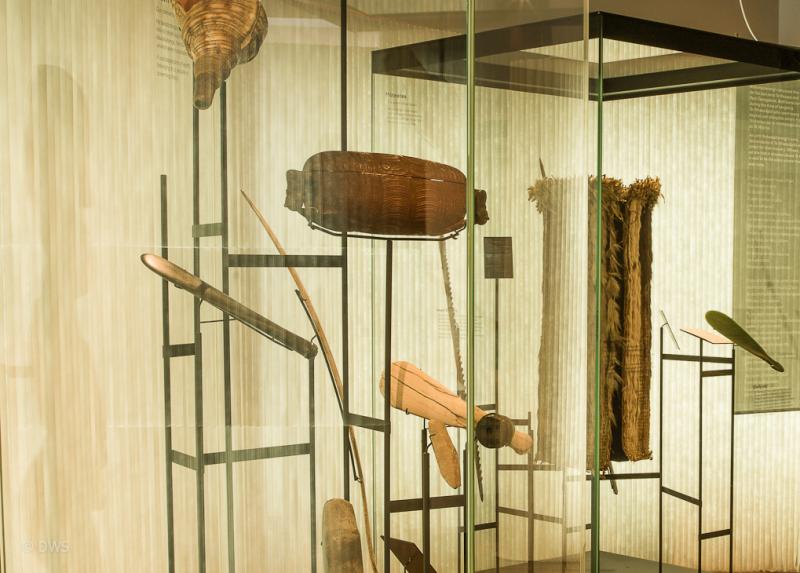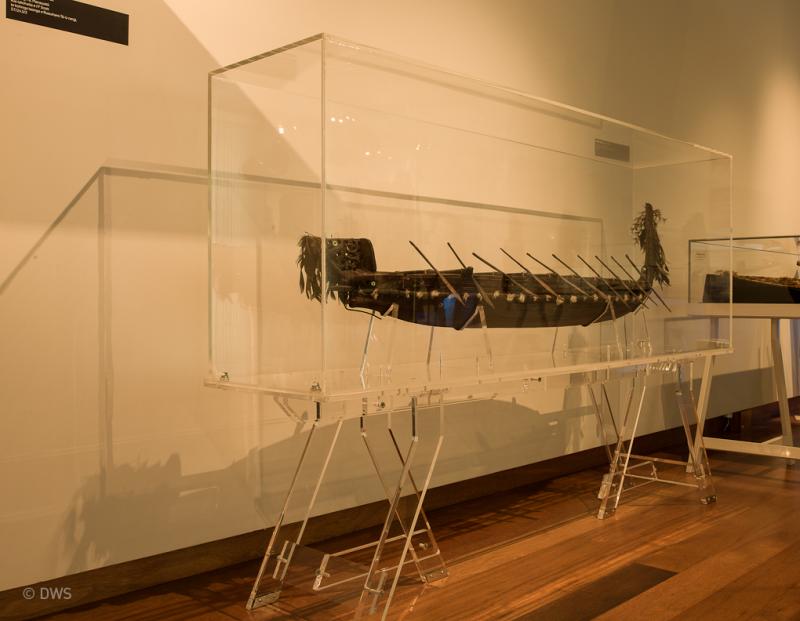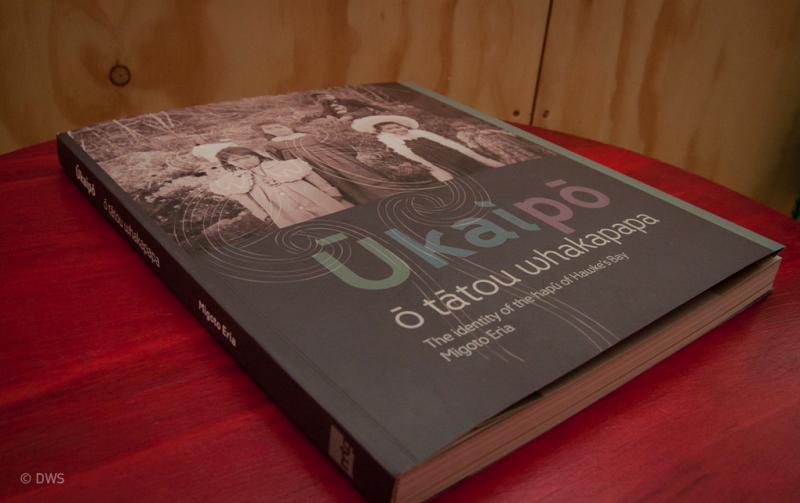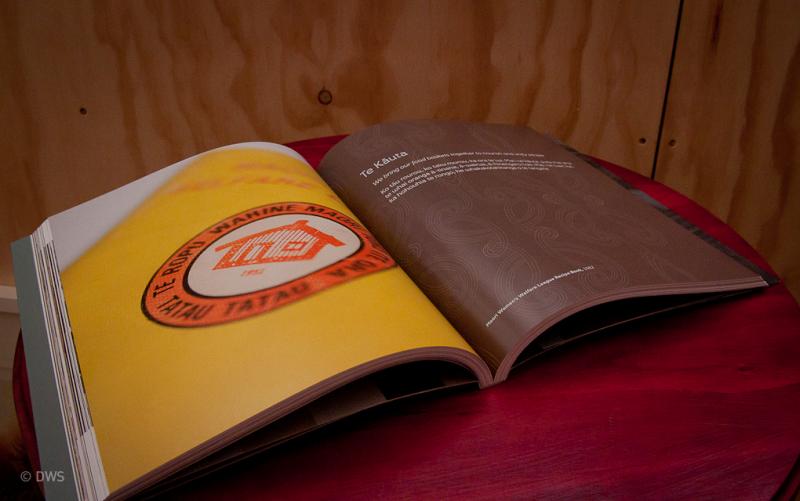Indigenous brands, Maori business, Kaupapa Growth and innovation, collaborative pilot projects, culture connection and exchange, design enabled economic, culturally enriched.
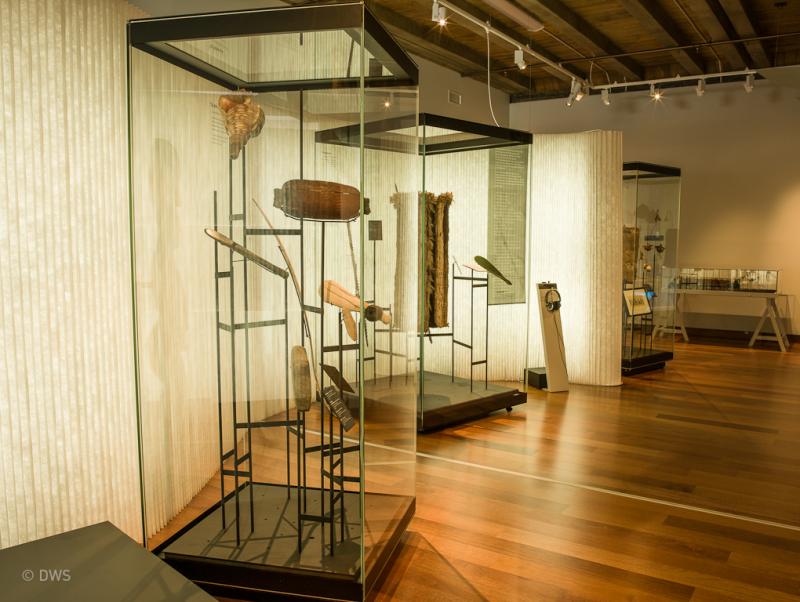
Ūkaipō, o tatou whakapapa: Taonga Māori Exhibition
Ūkaipō is our identity, our home ground, our upbringing, our mothers. This is who we are as tangata whenua, our papa kāinga, our beginnings. We return to our Ūkaipō when we visit our homeland, when we are reminded of our childhood and when we think of our tipuna. Our Ūkaipō is evident within our whakapapa and mōteatea. We are the Ūkaipō of our tamariki mokopuna.
Click on thumbnails to enlarge
Location:
Napier
Iwi:
Ngāti Kahungunu, Rongomaiwahine, Pahauwera
Nga Aho practitioner:
Desna Whaanga-Schollum
Ūkaipō, o tatou whakapapa: Taonga Māori Exhibition
Design of Exhibition Display, Casing, Graphics, Publication, Interactive
“The creative team’s collective knowledge, tangible and intangible is evident in the depth and quality of this work – there’s a true understated beauty in the detail. They are living breathing the kaupapa of the exhibition.”
Designer / Jeweller / Artist / Tutor: Wendy Whitehead, Ngāti Porou
Whānau and place-based narratives are very specific to each microcosm of Māori society, it is this living and knowing of the environment which is the wairua (spirit) of our identities as a people. Area specific experiences, spiritual beliefs, and ancestral narratives, are woven together to create a unique and wholly integrated connection and responsibility to place and people.
The exhibition design is an expression of the culturally imbedded kaupapa. Emotion, spatial-temporal flow and physicality focus on the articulation of Māori identity of whakapapa - as interconnectedness - and kaitiakitanga - guardianship, protection, preservation.
Visitors to the exhibition are drawn through a softly lit trail of wairua, a nod to the navigational path of
Te Matau a Maui, the star form which led Māori ancestors to Hawke’s Bay whenua. Taonga are supported by free standing tree-like forms, allowing the visitor large visual accessibility. A model waka floats above the floor in an entirely transparent case.
Furniture, display cases, and object mount design draw subtly on the familiar marae interior. Iconic furniture of the wharekai is echoed in form seating and trestle-styled cases. Kete float along the wall in cases echoing the 1960’s serving hatches, ubiquitous to many Hawke’s Bay marae.

